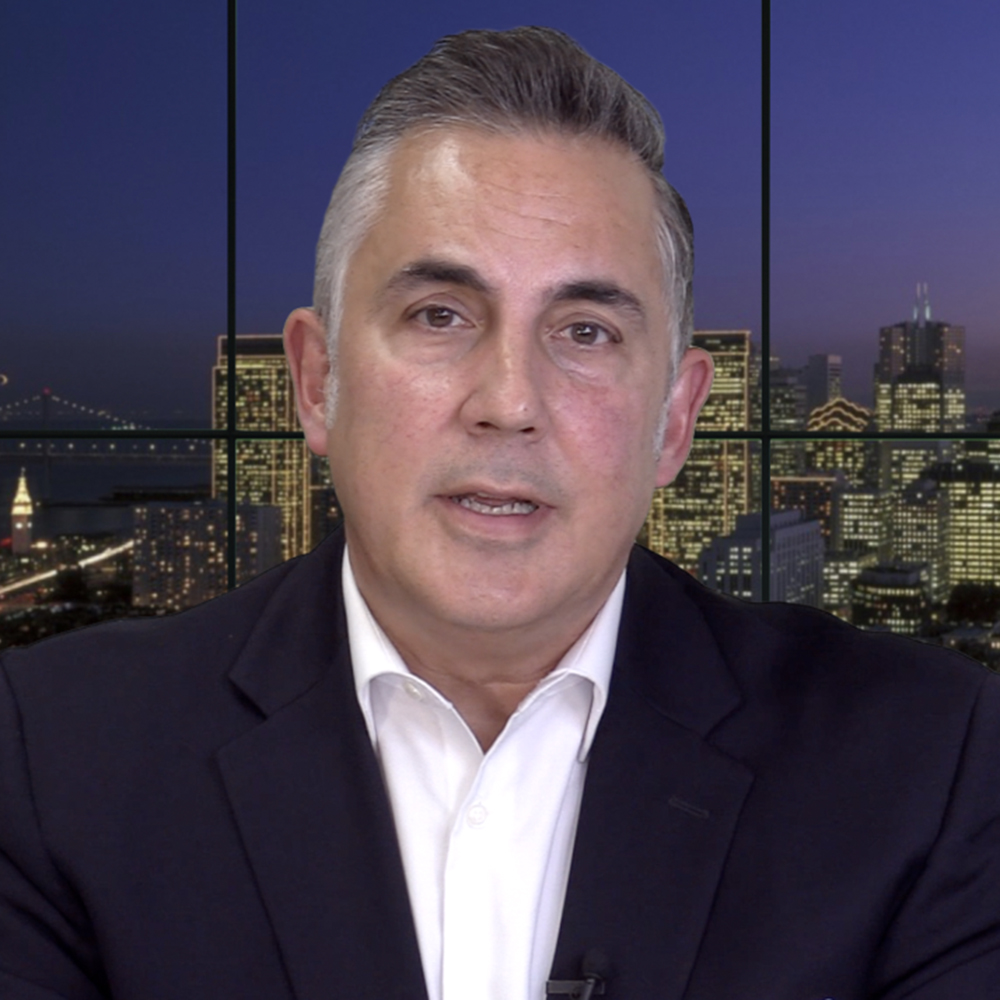What does it mean to become an elder? Much more than accruing years, says Ron Pevny, founder of the Center for Conscious Eldering.
To grow older consciously and with joy, Pevny says we must:
- Embrace the identity shift that being an elder represents.
- Write a new script for our lives.
- Release emotional baggage that can sabotage our aging story.
- Get in touch with our authentic vision for elderhood.
- Tap into the passion that can make this vision a reality.
- Transform feelings of isolation and loneliness into a purposeful community of allies.
- Create a legacy of service to support a healthy world for our descendants.
Although these seven steps sound like a tall order, Pevny maintains that putting such a plan into practice is almost like a rejuvenation visit to a spa.
When you embrace conscious eldering, you start to feel lighter — in your heart and body — as you imagine the latter years of your life “filled with passion, purpose and vitality,” he says.
Conscious eldering is an opportunity to view our closing chapters as those in many indigenous cultures do: as a time of harvest, when the joy and wisdom of a lifetime can be translated into service and meaning for family and community. Pevny’s prescription echoes that of septuagenarian Charles D. Hayes, whose September University is not a school, but a state of mind: a vision of retirement that entails “sifting through a half-century or more of experience, sorting those things that are truly important from those that aren’t, and finding ways to pass on that wisdom.”
“Elderhood has been a revered stage throughout most of human history,” notes Pevny. It was understood as an honor conferred upon those who, through effort and expectation, had grown into a wholeness and ability to see the bigger picture that comes with experience. In recent times, we’ve depreciated the aging process and downgraded the respectful, vibrant “elder” to a diminished “elderly”.
Eliminating rites of passage is one of our major losses. Pevny says, “There is a process of transformation that wants to happen in each of us from one life stage to another. It involves certain inner dynamics and practical, focused intentional work to support those dynamics. A rite of passage is a marker that brings the whole process into focus and recognition.”
Reverse mortgage professionals may be interested in Pevny’s key ingredients for transforming our story, which can be applied to any type of transition, such as the evolving HECM, as well as to people. Seniors who want to become conscious elders need to:
- Grasp that aging can be a time for fulfillment and growth. It can be challenging to believe this because:
- Society says older adults have become irrelevant (i.e., once we stop contributing to the workforce);
- We’ve been told what we do is more important than who we are;
- Most seniors do not have a grand vision that can encapsulate all the possibilities.
- Bring awareness to beliefs about aging. What we believe shapes who we become, and most beliefs are unconscious. The most important question: Do I believe my beliefs make a difference in how my life turns out? For example: If an ageist remark stings, there is more to transform. What are our visceral reactions to visiting a nursing home?
- Form an intention and commitment to inner work. Inner work reflects the three stages of transition:
- Heal our lives up to this point through forgiveness, grief work, rewriting old stories, letting go of what no longer serves;
- Quiet time in the corridor between who we’ve been and who we can become. Many people feel rudderless, without a map. Yet in this in-between time, older adults can have the best access to inner guidance. Create space to listen, wait, write, and reflect. See what starts to stir. Do anything that nurtures creativity.
- Clarify and act with intention to move forward. Plant seeds. Begin to try out what feels right.
- Choose practices that support aging consciously.
- Set intentions, e.g., “10 Intentions for next 10 Years.”
- Make time to be in silence (ideally in nature) and begin to get in touch with your inner guidance.
- Envision what a fulfilled elderhood can look like.
- Create an “elderhood bucket list” that focuses on every aspect of your life: relationships, health and wellness, service to others, spiritual growth, fun/pleasure, etc. Spend time with each, imagining what it would feel like — and is this something you have the energy and the will to create?
- Be wholehearted: not, “I hope to”, or “I’d like to” but “I intend to” or “I commit to”.
A little outside the reverse mortgage box? Perhaps — or perhaps not. The Hero’s Journey is one we all have the option of taking at each life stage. What is unique about conscious eldering is, this model has not been applied to “the third act” before. And in the third millennium, with the mature adult population now the largest in human history, it’s time.









4 Comments
Being a senior would not just be difficult but frustrating if the traits described as those growing elderly with joy are not consciously prepared for much earlier in life.
I agree. It’s always wise to prepare in advance, though one can choose to change and embrace a new direction as a senior — and perhaps these later years will be the best of their life.
beautiful article…seems like aging the way we are deigned to experience it. thanks for sharing
Thank you, Jim! I imagine you will find your elder years enlightening and enlivening.
Blessings,
Amara